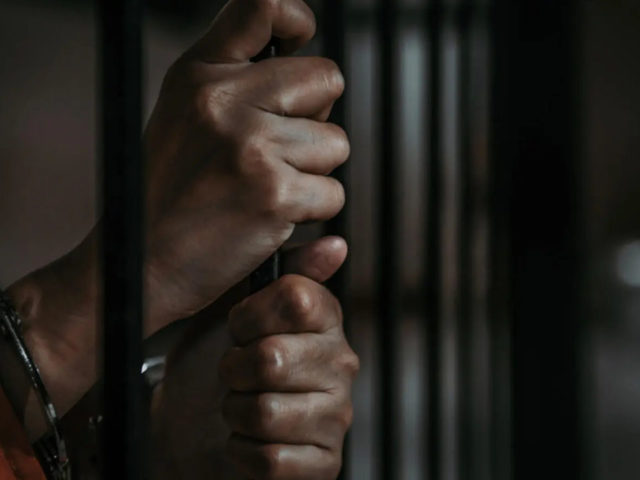Prisoners Rehabilitation and Welfare Action (PRAWA) and the CSO Forum on Detention and Corrections in Nigeria have urged the Federal and state governments to desist from execution of condemned inmates as a solution to congestion of custodial centres.
They also called for the effective implementation of Nigerian laws that address issue of high number of awaiting trial persons in custody.
The statement, signed by 19 CSOs, argued that capital punishment lacks deterrent effect, discriminates against minorities and the poor, and that it encourages a “culture of violence.”
Where abolishment of death penalty is not immediately achievable, Nigeria should, in the meantime, set a moratorium on execution of those on death sentence, they said.
“This appeal is made more persuasive by the fact of existing legislative step already taken to address this issue in the Nigerian Correctional Service Act 2019.
“Our general concern now should be to ensure that this provision is fully tested exhaustively up to the appellate court, especially, regarding the issue of computation of when the period of 10 years indicated in the act will start counting for those applying for commutal of their death sentences to life. A court in Kano State recently ruled that it starts from the time all the appeals of an applicant have been exhausted. This is worrisome as it sounds like a decision that may have defeated the intention of that provision.
“Mechanisms should be put in place to ensure effective implementation of section 12(2)(c) of the Nigerian Correctional Service Act, which provides that “where an inmate sentenced to death has exhausted all legal procedures for appeal and a period of 10 years has elapsed without the execution of the sentence, the chief judge may commute the death sentence to life imprisonment,” the statement read.
According to the statement, the implementation of section 12 (4-12) of the Act, which provides for the early warning signal for action to the relevant persons and institutions such as the Attorney General of the Federation and that of the States and the Chief Judge of the FCT and that of the State as the case maybe for action when a custodial centre is exceeding its capacity to ensure that action is taken to decongest such centres. “Specifically, sub-section (8) of same section 12 empowers the State controller and superintendent in charge of a custodial centre to reject more intakes of inmates when a centre is filled to capacity,” the group said.
The CSOs noted that focus should rather be on putting mechanisms in place for the implementation of the sections of the Nigerian Correctional Service Act that provides for the handling of these condemned inmates and for management of congestion in custodial centres.
The coalition added that as a measure to address congestion, Nigeria should focus on addressing inflow into custodial centres by adhering to use of pretrial detention as a measure of last resort as advised in the United Nations Standard Minimum Rules for Non-custodial Measures and by giving all the necessary support to the effective implementation of non-custodial measures as provided for in parts 44 and 45 of the Administration of Criminal Justice Act 2015 and Part 2 of the Nigerian Correctional Service Act and other relevant laws in Nigeria.
The group added its concern about deeper issues of compliance with human rights principles and standards such as those captured in Articles 6 and 14 of the International Covenant on Civil and Political Rights, the Human Rights Committee General Comment no 6 on the procedural guarantees on imposition of death penalties, resolution; issues of criminogenic risks and needs and how to deal with these to foster deterrence and achieve the goals of security, safety of communities and the ultimate goal of justice.
“It is pertinent that we call the attention of the government of Nigerian to the several contextual issues that may make it unconscionable for the governors to massively sign these warrants for execution. Effective compliance with several safeguards set by different human rights instruments to guard against having an innocent person pay the ultimate price for an offence he or she may not have committed is still in doubt; access to justice for the poor in Nigeria remains a huge struggle till date.
“Torture remains hugely a source of procuring evidence. Imagine the injustice in executing an innocent person based on evidence procured through torture. Again, what is the justice in such mass execution when most of the persons involved cannot afford legal representation to challenge their sentences at the appellate courts?” the statement questioned.

